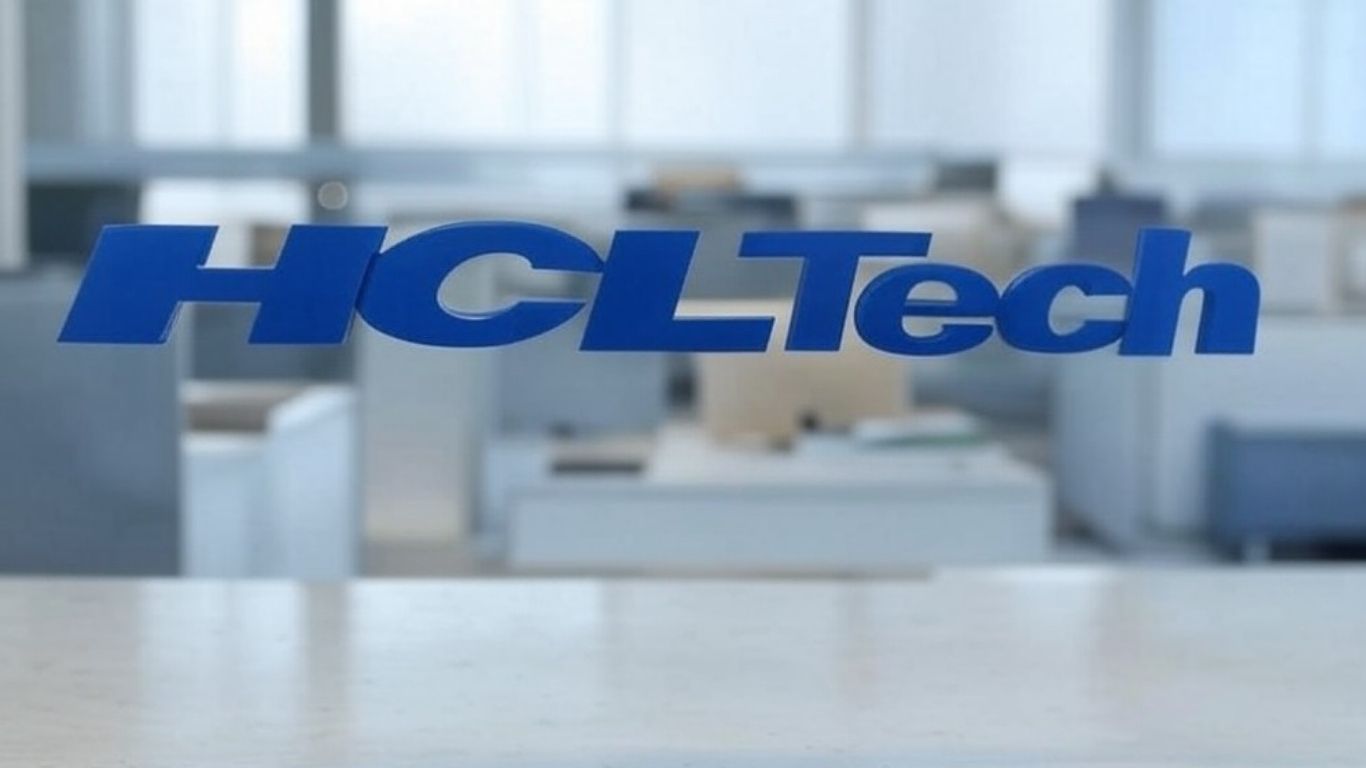Japanese automakers Honda and Nissan are reportedly exploring a potential merger, signaling a strategic shift to overcome shared challenges in the global automotive market. The talks, which also include Mitsubishi, could mark a significant moment for the Japanese auto industry, uniting three of its major players.
The companies confirmed the discussions on Tuesday but provided limited details regarding the structure or timeline of the potential joint venture. The news, first reported by Nikkei, has sparked widespread interest in the automotive sector, raising questions about how this potential partnership will reshape competition in the global market.
1. Official Statement on Honda Nissan Merger Talks
In a joint statement, Honda and Nissan acknowledged ongoing discussions while keeping specifics under wraps:
“As announced in March, Honda and Nissan are exploring various possibilities for future collaboration, leveraging each other’s strengths. If there are any updates, we will inform our stakeholders at the appropriate time.”
The inclusion of Mitsubishi in the preliminary talks adds another layer of intrigue. While Mitsubishi has yet to provide an official statement, its participation could amplify the scope and impact of the merger.
2. Why Honda and Nissan Are Exploring a Merger
Struggles in the Chinese Market
The primary driver for the merger discussions is the declining market share in China, the world’s largest car market. Once a dominant force, foreign automakers, including Honda and Nissan, now face stiff competition from Chinese brands like BYD.
- Chinese automakers offer better-perceived value, particularly in the electric vehicle (EV) segment.
- Government incentives for EV adoption have further propelled domestic brands, leaving foreign automakers behind.
Nissan’s Post-Ghosn Challenges
Nissan has faced internal turmoil since the arrest and subsequent ousting of its former CEO, Carlos Ghosn, in 2018. Ghosn, once the architect of Nissan’s successful partnership with Renault and Mitsubishi, fled Japan after being accused of financial misconduct.
- The Nissan-Renault-Mitsubishi alliance, once the largest global automotive partnership, has since weakened.
- Nissan’s operating income between March and September 2024 dropped by a staggering 90% compared to the same period last year.
Honda’s Slow EV Transition
Honda, despite its size and global reputation, is also grappling with challenges in transitioning to zero-emission vehicles.
- Honda plans to sell only zero-emission vehicles in major markets by 2040.
- However, the slow demand for EVs in North America and Europe—due to low gas prices, limited charging infrastructure, and increased competition—has delayed progress.
3. Recent Collaborations Between Honda and Nissan
This is not the first time Honda and Nissan have explored synergies. In March 2024, the two companies announced plans to partner on electric vehicles (EVs). Later, in August, they expanded their collaboration to include battery technology, a critical component for the future of EVs.
The current talks aim to deepen this collaboration, potentially merging resources to tackle:
- Rising R&D costs associated with EVs and advanced technologies.
- Competition from both traditional rivals and emerging Chinese automakers.
- The global demand shift toward sustainable and affordable vehicles.
4. How a Honda-Nissan Merger Could Reshape the Auto Industry
Strengthening Japanese Automotive Influence
A successful merger could result in a powerhouse capable of competing with global giants like Toyota, Volkswagen, and Tesla. Combining Honda’s manufacturing scale and Nissan’s pioneering work in EVs could drive innovation and cost-efficiency.
Leveraging Mitsubishi’s Strengths
Mitsubishi, known for its technological expertise in plug-in hybrids, could add significant value to the partnership, particularly in Asian markets.
Overcoming Global Challenges
The joint-venture could address pressing industry challenges:
- Lower production costs through shared infrastructure and technology.
- Enhanced R&D capabilities to compete in the EV space.
- Improved market presence in China, the United States, and Europe.
5. Potential Impact on Electric Vehicles (EVs)
Both Honda and Nissan have a strong foundation in the EV sector:
- Nissan Leaf was one of the first mass-market electric cars, giving Nissan a pioneering advantage.
- Honda’s EV roadmap includes significant investments in battery technology and next-gen mobility solutions.
By combining resources, the companies could create affordable and advanced EVs to challenge both Chinese and Western automakers.
6. Challenges to the Merger
While the merger holds promise, several obstacles remain:
- Corporate Culture Differences: Merging operations of two distinct entities like Honda and Nissan may require significant alignment.
- Regulatory Hurdles: Approval from Japanese and global regulatory bodies could delay the process.
- Competition: Rivals like Toyota and Tesla continue to dominate key markets, making it crucial for the merged entity to offer distinct value.
7. Expert Opinions on the Honda-Nissan Merger
Industry experts believe the merger could be a game-changer:
“Combining Honda’s scale with Nissan’s EV expertise could create a formidable force in the auto industry. However, execution will be key,” said an automotive analyst.
Analysts also point out that tapping into Mitsubishi’s capabilities could offer a strategic advantage, particularly in emerging markets.
8. What’s Next for Honda, Nissan, and Mitsubishi?
The companies have not yet provided a timeline for the discussions. However, stakeholders can expect further updates as talks progress. If the merger proceeds, it could pave the way for a restructured alliance that focuses on innovation, cost-efficiency, and global expansion.
A Turning Point for Japanese Automakers
The potential Honda-Nissan-Mitsubishi merger signals a strategic response to evolving challenges in the global automotive industry. Faced with declining market share, competition from Chinese automakers, and the race for electric vehicle dominance, the collaboration could mark a new era for Japanese automakers.
If successful, this merger has the potential to reshape the landscape of global car manufacturing, offering innovative solutions for a sustainable automotive future.
FAQs
1. Why are Honda Nissan discussing a merger?
The merger discussions are driven by challenges such as declining market share in China, increasing competition, and the rising cost of EV development.
2. What role does Mitsubishi play in the talks?
Mitsubishi is reportedly part of the discussions, and its expertise in plug-in hybrids could add value to the partnership.
3. How will the merger affect Honda and Nissan’s EV plans?
The merger could enhance R&D capabilities, lower costs, and improve competitiveness in the global EV market.
4. What challenges might the merger face?
Potential obstacles include cultural differences, regulatory approvals, and competition from established automakers like Toyota and Tesla.
5. What are the expected benefits of a Honda Nissan merger talks?
Benefits include cost-efficiency, shared technology, improved innovation, and a stronger presence in key global markets.















